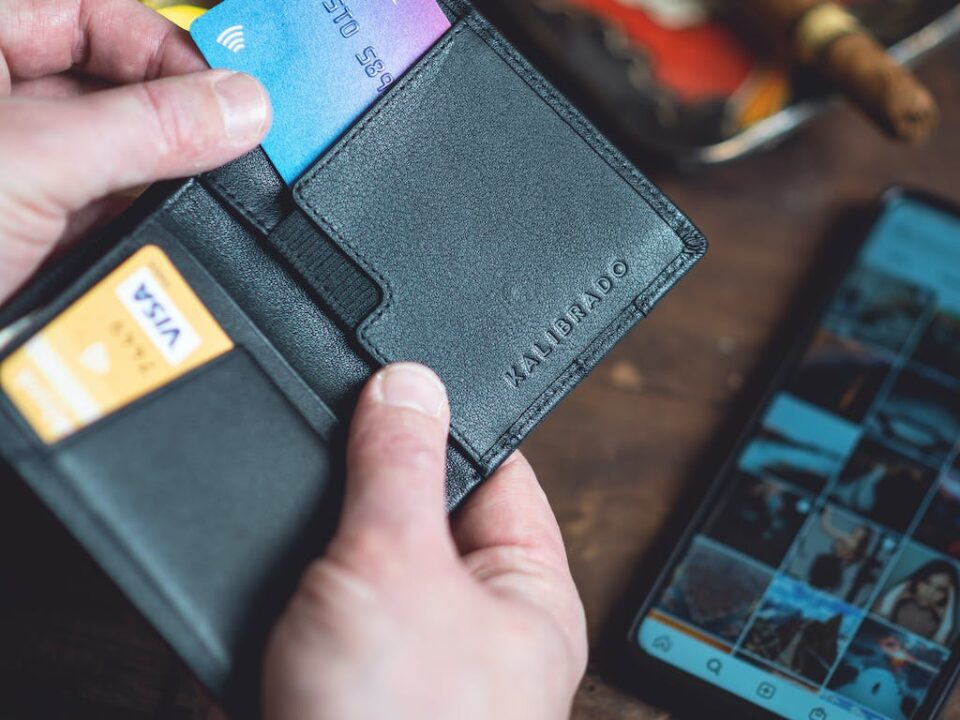Credit cards have become integral to modern financial management, offering convenience and rewards. But with the many options available, it’s essential to strike the right balance between having enough cards to maximize benefits and not overextending your finances. In this blog, we’ll dive into the question that often crosses everyone’s mind: How many credit cards should you have?
The Magic Number – It Depends
There’s no one-size-fits-all answer to this question. The ideal number of credit cards varies from person to person based on their financial habits, goals, and responsibilities. Rather than focusing on a specific number, it’s better to consider a few factors that will help determine how many cards are right for you.
Financial Discipline:
Your ability to manage credit responsibly should be the foremost consideration. If you’re prone to overspending or missing payments, it’s best to stick to fewer credit cards to avoid potential debt traps.
Credit Score:
Opening multiple credit cards in a short time can temporarily lower your credit score due to inquiries and reduced average account age. If you’re planning a major financial decision like a mortgage or auto loan in the near future, it might be wise to limit new credit applications.
Rewards and Benefits:
Many credit cards offer unique rewards and perks such as travel points, cashback, or discounts on specific purchases. Having a few cards might be beneficial if you can strategically use multiple cards to maximize these benefits without overspending.
Credit Utilization:
This refers to the percentage of your total credit limit that you’re using. A lower utilization rate is generally better for your credit score. Multiple cards can distribute your spending across limits, potentially improving your utilization ratio.
Managing Expenses:
Some individuals prefer using separate cards for categories like groceries, travel, or online shopping. This can help in tracking expenses effectively, but it requires disciplined management.
The Types of Cards to Consider
Rather than focusing solely on the number of cards, consider the types of cards that align with your needs:
Primary Card:
This is your go-to card for everyday expenses. Choose one with a solid rewards program and manageable interest rates.
Backup Card:
It’s always good to have a backup in case your primary card is stolen, lost, or experiences issues. This card doesn’t need extravagant perks but should have a reasonable credit limit.
Specialized Cards:
Depending on your spending habits, you might benefit from specialized cards like those offering travel rewards or cashback on specific categories.
Building Credit:
If you’re new to credit or rebuilding your credit score, a secured credit card can be a wise choice. These cards require a security deposit but can help improve your creditworthiness.

